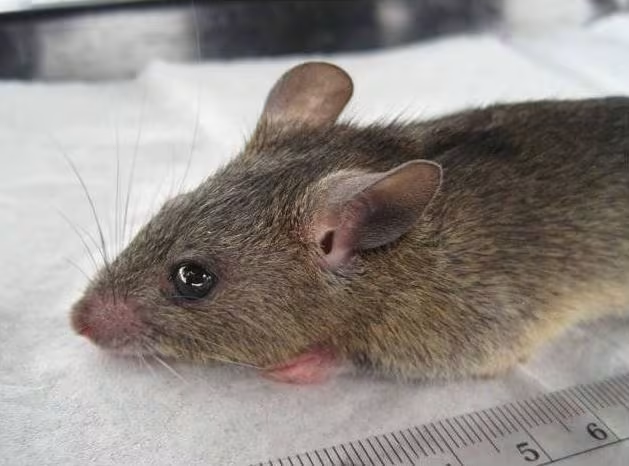NCDC Reports 966 Lassa Fever Cases and 177 Deaths in Nigeria, Signaling Worsening Fatality Rate
The Nigeria Centre for Disease Control and Prevention (NCDC) has issued an urgent alert regarding the severe impact of Lassa fever across the country in 2025. The nation has recorded 177 deaths from the viral hemorrhagic illness between January and early November 2025.
According to the latest epidemiological situation report for Week 44 (ending November 2), Nigeria has confirmed 966 cases across 21 states and 102 Local Government Areas, prompting coordinated national response efforts.

Table of Contents
Epidemiological Snapshot: Cases and Fatalities
The Worsening Trend: Case Fatality Rate (CFR)
Geographic and Demographic Distribution
Understanding Lassa Fever Transmission
1. Epidemiological Snapshot: Cases and Fatalities
The NCDC’s data shows a continuous struggle against the endemic disease. While the overall number of suspected and confirmed cases in 2025 is lower than the figures reported during the same period in 2024, the outcome for those infected is alarmingly worse.
Total Confirmed Cases (2025): 966
Total Deaths (2025): 177
New Cases (Week 44): 12 (Slight increase from 11 cases in Week 43)
No new healthcare worker infections were reported in Week 44, a positive sign regarding safety protocols in treatment facilities.
2. The Worsening Trend: Case Fatality Rate (CFR)
The most concerning metric is the Case Fatality Rate (CFR), which indicates the proportion of confirmed cases that result in death.
The current CFR for Lassa fever in Nigeria stands at 18.3 per cent. This is significantly higher than the 16.5 per cent recorded during the same period in 2024, signaling a worsening trend in the nation’s response and capacity to treat the severe manifestations of the disease.

3. Geographic and Demographic Distribution
Lassa fever outbreaks remain concentrated in specific regions and demographic groups.
A. Geographic Hotspots
An overwhelming 87 per cent of all confirmed cases in 2025 have originated from just four states:
Ondo: 36 per cent
Bauchi: 21 per cent
Edo: 17 per cent
Taraba: 13 per cent
The remaining 13 per cent of cases were scattered across 17 other states. Infections were specifically reported in Ondo, Edo, and Benue states in the most recent epidemiological week (Week 44).
B. Affected Demographics
The disease affects a wide age range (one to 96 years), but the most vulnerable group is young adults.
Predominant Age Group: 21–30 years
Median Age: 30 years
Gender Ratio: Male-to-female ratio is 1:0.8
4. Understanding Lassa Fever Transmission
Lassa fever is an acute viral hemorrhagic illness caused by the Lassa virus. It is endemic across several West African nations, including Nigeria.
Primary Transmission Method
According to the World Health Organisation (WHO), the virus is primarily transmitted to humans through contact with the urine or faeces of infected Mastomys rats (multimammate mice). This exposure typically occurs through the contamination of food or household items.
The national multi-partner, multi-sectoral Lassa fever Technical Working Group continues to coordinate response activities, focusing on surveillance, community sensitization, and treatment management to combat this persistent and deadly infectious disease.

Given the worsening Case Fatality Rate, what immediate steps should be prioritized by state governments—specifically in the four hotspot states—to reduce mortality rates in treatment centers?
Join Our Social Media Channels:
WhatsApp:NaijaEyes
Facebook: NaijaEyes
Twitter: NaijaEyes
Instagram: NaijaEyes
TikTok: NaijaEyes




